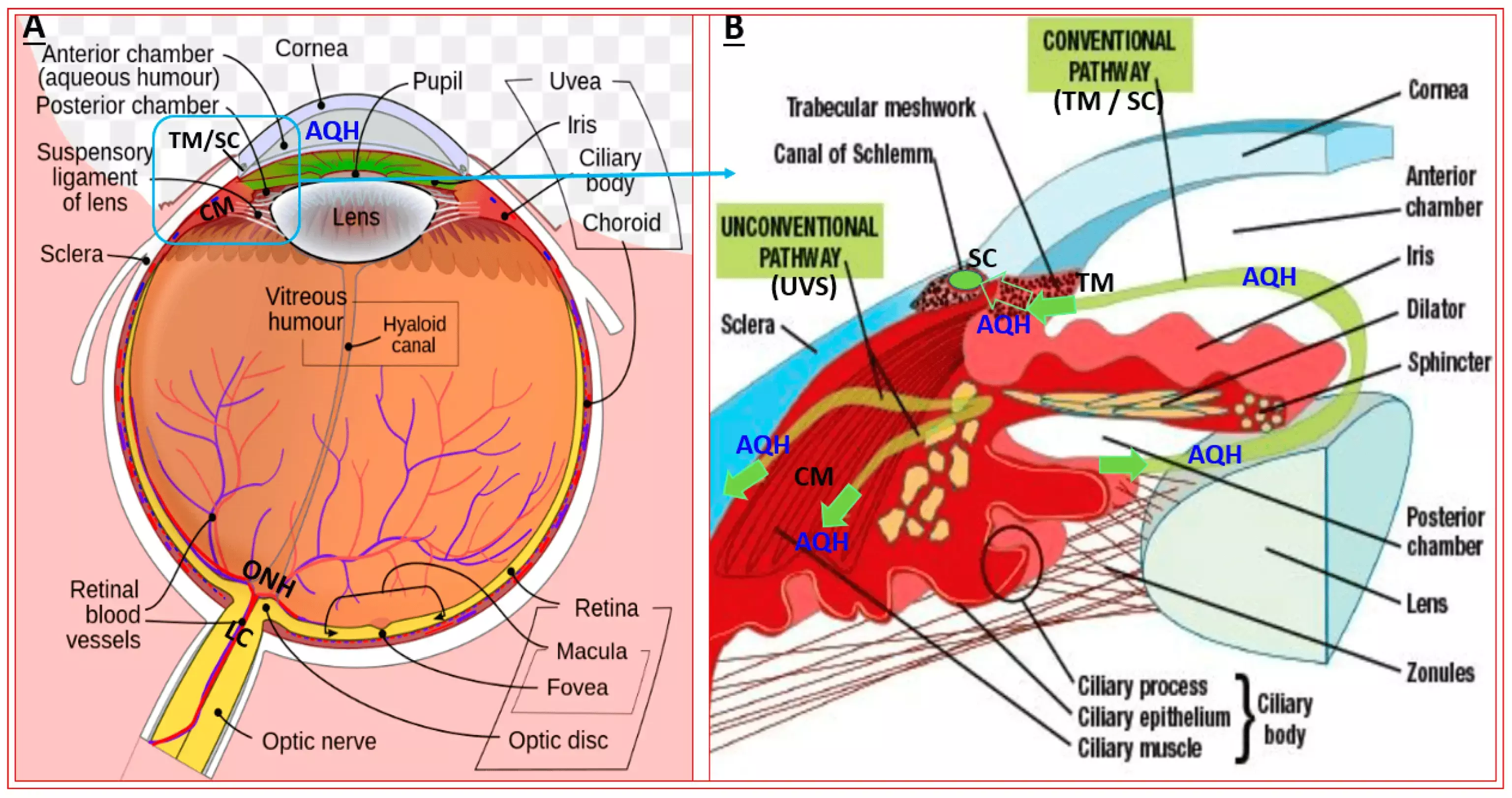- Home
- Medical news & Guidelines
- Anesthesiology
- Cardiology and CTVS
- Critical Care
- Dentistry
- Dermatology
- Diabetes and Endocrinology
- ENT
- Gastroenterology
- Medicine
- Nephrology
- Neurology
- Obstretics-Gynaecology
- Oncology
- Ophthalmology
- Orthopaedics
- Pediatrics-Neonatology
- Psychiatry
- Pulmonology
- Radiology
- Surgery
- Urology
- Laboratory Medicine
- Diet
- Nursing
- Paramedical
- Physiotherapy
- Health news
- Fact Check
- Bone Health Fact Check
- Brain Health Fact Check
- Cancer Related Fact Check
- Child Care Fact Check
- Dental and oral health fact check
- Diabetes and metabolic health fact check
- Diet and Nutrition Fact Check
- Eye and ENT Care Fact Check
- Fitness fact check
- Gut health fact check
- Heart health fact check
- Kidney health fact check
- Medical education fact check
- Men's health fact check
- Respiratory fact check
- Skin and hair care fact check
- Vaccine and Immunization fact check
- Women's health fact check
- AYUSH
- State News
- Andaman and Nicobar Islands
- Andhra Pradesh
- Arunachal Pradesh
- Assam
- Bihar
- Chandigarh
- Chattisgarh
- Dadra and Nagar Haveli
- Daman and Diu
- Delhi
- Goa
- Gujarat
- Haryana
- Himachal Pradesh
- Jammu & Kashmir
- Jharkhand
- Karnataka
- Kerala
- Ladakh
- Lakshadweep
- Madhya Pradesh
- Maharashtra
- Manipur
- Meghalaya
- Mizoram
- Nagaland
- Odisha
- Puducherry
- Punjab
- Rajasthan
- Sikkim
- Tamil Nadu
- Telangana
- Tripura
- Uttar Pradesh
- Uttrakhand
- West Bengal
- Medical Education
- Industry
Single administration of travoprost intraocular implant may effectively lower IOP over 3 years

Single administration of travoprost intraocular implant may effectively lower IOP over course of 3 years suggests a new study published in the Drugs.
A travoprost intraocular implant may effectively lower intraocular pressure (IOP) over the course of 36 months after a single administration, according to new findings, substantially diminishing the necessity of topical IOP-lowering medications and helping to lessen problems with adherence and side effects.
These findings on the implant’s sustained-release drug delivery system were the results of a phase 2 trial conducted to look at the long-term safety and the effectiveness of travoprost intraocular implant. The investigators noted prior to their research that IOP is the only known modifiable risk factor for glaucoma, with many studies pointing to the essential role of IOP lowering in the practice of decreasing glaucoma development.
The overall goal of the investigators was to find a way to reduce treatment burden for patients and to improve adherence to IOP-lowering treatments, and this particular system was assessed in this analysis. The research into this implant for IOP was authored by Tomas Navratil, from the Glaukos Corporation in Aliso Viejo, California.
“The objective of the current study was to report on the 3 year safety of the implant, and percentage of patients who reduced or maintained their topical IOP-lowering medication burden relative to pre-study medications,” Navratil and colleagues wrote.
The team sought to examine the safety and efficacy of 2 travoprost intraocular implants that each used different elution rates compared to timolol eye drops (Timolol Maleate Ophthalmic Solution, USP, 0.5%) for those with OAG or OHT who were already on 0–3 topical medications that were IOP-lowering.
Individuals who had been diagnosed with open-angle glaucoma or with ocular hypertension were assigned to be placed into 1 of 3 groups:
A fast-eluting implant (FE implant, n = 51) and twice-daily (BID) placebo eye drops
A slow-eluting implant (SE implant, n = 54) and BID placebo eye drops
A sham surgical procedure with BID timolol 0.5% (n = 49)
IOP measurements were done at several different intervals up to 36 months. The investigators looked at efficacy by assessing the mean change from the 8:00 AM unmedicated baseline IOP throughout the total study period.
The research team also looked into the percentage of subjects using the same or fewer topical IOP-lowering treatments as they had at screening. They evaluated safety data by monitoring the reported adverse events and using different ophthalmic parameters.
The intraocular implant was shown to have strong efficacy in its reduction of IOP, with the investigators finding major decreases in subjects’ need for topical medications designed for IOP-lowering. This decrease lasted for a duration of up to 36 months following a single administration.
“These results suggest that the travoprost intraocular implant may represent a meaningful addition to the interventional glaucoma armamentarium, demonstrating safe and well-tolerated IOP lowering for up to 36 months after a single administration and addressing the key shortcomings of topical IOP-lowering medications defined by low adherence and adverse impact on ocular surface health,” they wrote.
Refrence:
Berdahl, J.P., Sarkisian, S.R., Ang, R.E. et al. Efficacy and Safety of the Travoprost Intraocular Implant in Reducing Topical IOP-Lowering Medication Burden in Patients with Open-Angle Glaucoma or Ocular Hypertension. Drugs (2023). https://doi.org/10.1007/s40265-023-01973-7.
Keywords:
Single, administration, travoprost, intraocular, implant, may, effectively, lower, IOP, over, course, 3 years, Berdahl, J.P., Sarkisian, S.R., Ang, R.E, Drugs
Dr. Shravani Dali has completed her BDS from Pravara institute of medical sciences, loni. Following which she extensively worked in the healthcare sector for 2+ years. She has been actively involved in writing blogs in field of health and wellness. Currently she is pursuing her Masters of public health-health administration from Tata institute of social sciences. She can be contacted at editorial@medicaldialogues.in.
Dr Kamal Kant Kohli-MBBS, DTCD- a chest specialist with more than 30 years of practice and a flair for writing clinical articles, Dr Kamal Kant Kohli joined Medical Dialogues as a Chief Editor of Medical News. Besides writing articles, as an editor, he proofreads and verifies all the medical content published on Medical Dialogues including those coming from journals, studies,medical conferences,guidelines etc. Email: drkohli@medicaldialogues.in. Contact no. 011-43720751


